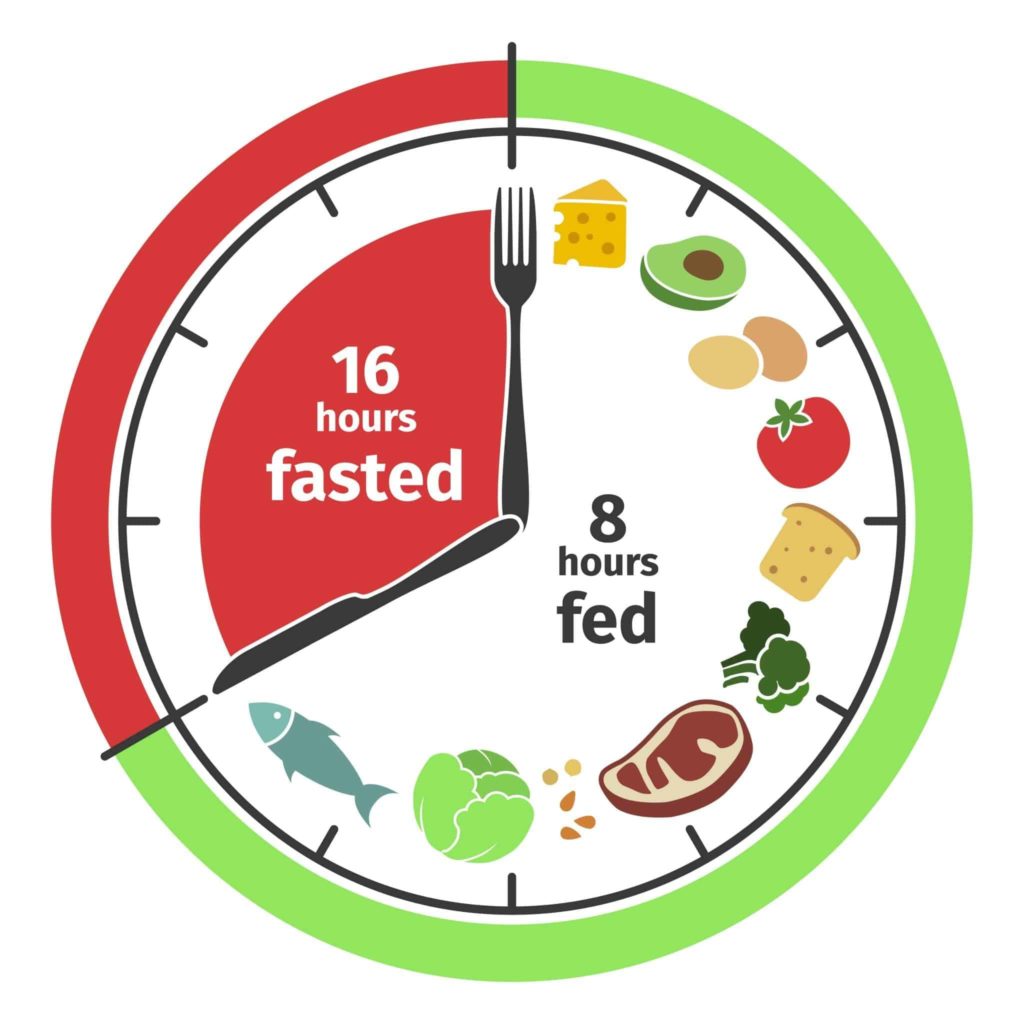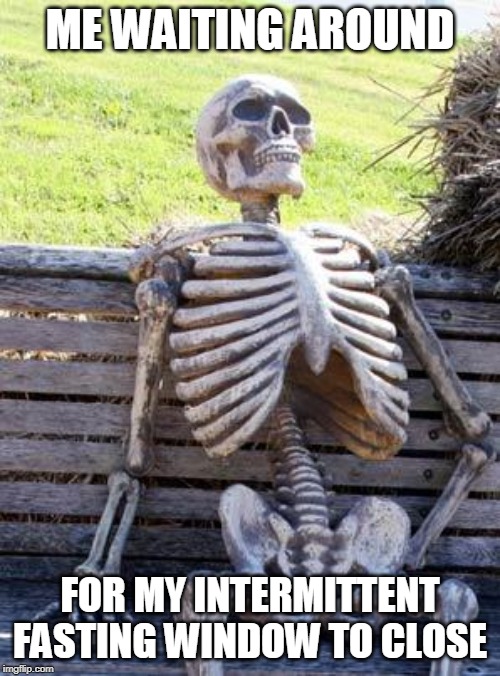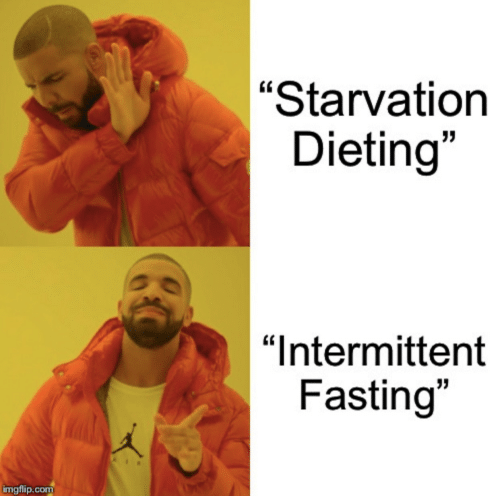I have a love-hate relationship with intermittent fasting (IF). I love it because it helped me lose weight. I hate it because I have to deprive myself of food at certain hours of the day. Okay, hold up. Before I jump into my rant, let me explain what intermittent fasting is, for those who don’t know.
What is intermittent fasting, and how does it work?
Intermittent fasting is one of the most popular weight-loss trends out there. According to Healthline.com, it is “an eating pattern that cycles between periods of fasting and eating. It doesn’t specify which foods you should eat, but rather when you should eat them.” You eat during certain hours of the day and fast for the remaining. The period when you choose to eat is called your “eating window,” and it can vary from person to person. You may fast for 18 hours and have an eating window of six hours (18:6), or fast for 16 hours and have an eating window of eight hours (16:8), and there’s the 5:2 ratio which involves eating one 500-600 calorie meal, twice a week. You get to choose what works best for you.
So just fasting? That’s it?
You’ll be surprised how many people think, just because they’re intermittent fasting, they can eat anything they want. Sadly, that’s not how it works. The world is an unfair place, so if you pack your feeding time with junk food, you’re most likely not going to lose weight. You don’t have to be on a restrictive diet, but you do need to eat clean. When I first started my weight loss journey doing IF, I was eating small portions of regular food and staying off junk, and that worked for me. Also, I worked out like my life depended on it. That’s another way for intermittent fasting to work effectively. The fasting period has to be paired with physical exercise or activity so that your metabolism can switch to breaking down the stored fat and glucose in your body.

RELATED: I Tried Intermittent Fasting For A Week
The Pros and Cons
Every “good” thing in this life has its bad side. I say this as someone who has experienced both the good and bad of weight loss and dieting. Let’s explore the pros and cons of intermittent fasting for a minute.
Pro: Aids weight loss
For those who are trying to lose weight, IF is quite effective. When you’re fasting, you eat less. Hence, weight loss is expected. Fasting enables you to burn through all your stored glucose and dig into your fat reserves for energy, so you begin to lose body fat.
Con: It’s not sustainable
There’s nothing you can tell me. There’s no one who can do any form of intermittent fasting every day of their lives. You have to go without food for a particular amount of time, eating a set quantity of calories during your eating window. Low energy, cravings, and the sheer discipline required, will make it very difficult for you to stick to your fasting period.

Pro: Boosts brain function
Intermittent fasting may assist in boosting memory and mental performance as well as support brain health and function. Keep in mind that it’s not simply the act of intermittent fasting that brings these potential benefits. It’s what happens during IF; decreased inflammation, body fat reduction and healthier blood sugar levels.
Con: Causes reduced energy levels
Long periods of fasting, especially when paired with exercise, may reduce your energy to a dangerously low level, lowering your blood sugar levels and leaving you feeling lightheaded, dizzy and tired. You may also suffer headaches and nausea.

Pro: It’s easy to follow
Most diet plans will have you eating certain food while restricting or avoiding others. This can be hard to do and maintain. It’s even more stressful having to cook complicated recipes. With IF, the major requirement is, do not eat for a certain period of time.
Con: May cause weight gain
With the hunger that comes after not eating for such a long time, you may feel inclined to overeat. At these moments, vegetables and healthy food don’t taste so good. It’s fried and other high-calorie food that will enter your eye. And this is where the weight gain begins.

RELATED: This Is What Eating Healthy Means To Nigerians
Intermittent fasting as an eating disorder
Intermittent fasting can easily become an eating disorder. How? I’ll explain. Wikipedia defines an eating disorder as “a mental disorder defined by abnormal eating behaviours that negatively affect a person’s physical or mental health.” IF can relate to this since it can cause irritability, moodiness, tiredness and sleep impairment, which affect your physical and mental health.
Now, let’s compare intermittent fasting to a popular eating disorder — anorexia.
People with anorexia often restrict the number of calories and types of food they eat, ignoring their bodies’ hunger cues, according to the National Eating Disorders Association. They’re frequently obsessed with concerns such as weight, calories and dieting. Anorexia is also marked by a negative body image and a desire to avoid social events that involve food. Intermittent fasting has many of these features.
Take a look at the 5:2 method, for example. I doubt that there’s any certified health professional who’ll agree that eating only 500-600 calories a day is in any way healthy. If you do this for a while, you won’t function properly, either physically or mentally. That’s how it becomes an eating disorder.

Summary
I think we can all agree intermittent fasting has its benefits. From personal experience, I can say that it works great for those who are trying to lose weight. However, if your goal is to build and maintain a fitness lifestyle, IF is not it. It’s just not sustainable. When I first started my weight loss journey in 2021, my eating window was between 11 and 4 p.m. After that, no food for me till the next day. I was doing this consistently for months until the Detty December break. Since then, I haven’t been able to get back into it. I now get hungry more frequently because my metabolism increased once I lost fat and gained muscle. If you want to practice intermittent fasting, you need to be very careful. As I stated above, it can easily become an eating disorder, so I would advise that you speak with a doctor and do thorough research before making up your mind about it.




